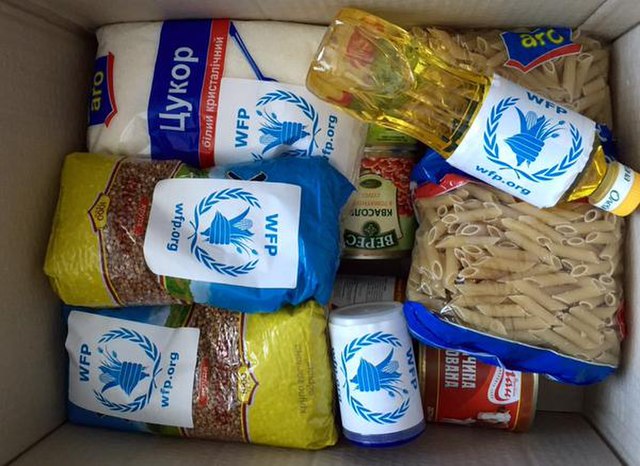Recently, the Food and Agriculture Organization of the United Nations (FAO), the International Fund for Agricultural Development (IFAD), the United Nations Children’s Fund (UNICEF), the World Health Organization (WHO) and the United Nations World Food Programme (WFP) jointly held the 2023 World Food Security at the United Nations Headquarters in New York. The release of the report on the overall nutritional status (hereinafter referred to as the “report”) was released. The report points out that there are about 735 million hungry people in the world, an increase of more than 122 million hungry people compared with 613 million in 2019. If we let the situation develop, by 2030, all countries in the world will not be able to achieve the sustainable development goal of eradicating hunger as scheduled.
From 2021 to 2022, the increase in global hunger has been contained, but many regions are getting deeper and deeper in the food crisis. In 2022, Asia and Latin America have made progress in reducing hunger, but hunger levels in the West Asia, the Caribbean and African subregions are still rising. One in five people on the African continent is not hungry, and the proportion of hungry people is more than twice the global average.
In his video speech, United Nations Secretary-General Antonio Guterres called for: “The international community should make every effort to act quickly and decisively, and strive to get back on track and achieve the goal of sustainable development as scheduled. We must strengthen resilience, respond effectively to crises and shocks, mitigate the impact of adverse factors such as conflicts and climate, and eliminate the root causes of food insecurity.
In 2022, the food security situation is still grim. The report found that, measured by the incidence of moderate or severe food insecurity, 2.4 billion people around the world do not have sustainable access to food, accounting for about 29.6% of the global population, of which about 900 million people are in severe food insecurity. The report pointed out that the transformative effect of urbanization on the agricultural food system can no longer be viewed with a simple concept of urban-rural dichotomy. With the increasing frequency of interpersonal communication and the continuous deepening of communication between urban and rural areas, it is urgent to change thinking and establish a more three-dimensional perspective of urban and rural radiation areas.
At present, urban and rural spatial inequality still exists, and food insecurity in rural areas is even more serious. Moderate or severe food insecurity affects 33% of adult residents in rural areas, while urban areas account for 26%. The report suggests that in order to effectively strengthen food security and improve nutritional status, it is necessary to comprehensively grasp the complex and changing relationship between urban and rural radiation areas and the agricultural food system, so as to lay the foundation for policy intervention, action and investment.
Source: Agri.cn
